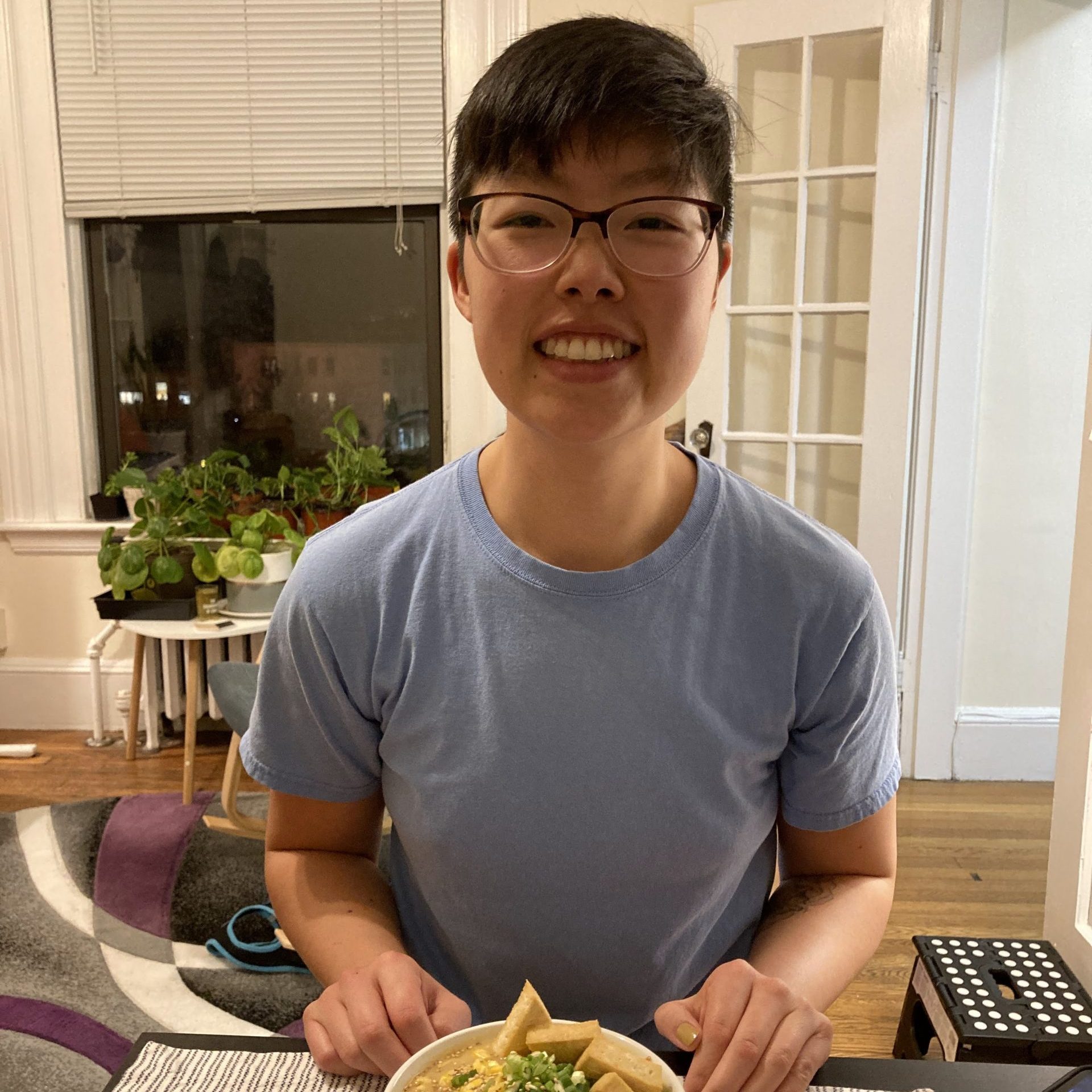
Ohana means family
Finding a community outside of MIT
I was freaking out. My whole body was shaking from a massive adrenaline rush. No, I hadn’t just seen the data that would complete my thesis work. I had just been hit by a car. Honestly, it was more of a “love tap” and I was okay, but there was real contact by a real clueless driver, and I needed to hear a familiar voice. So after I screamed at the driver for their negligence and walked away from the scene, I made a call to my family. No, not my parents, but my dragon boat teammates, my second family in Boston.
Of all my grad school extracurriculars, the dragon boat community has been the most stabilizing influence in my life. For the uninitiated, dragon boat is a water sport where twenty paddlers, a drummer and a steersperson pile into an extra-long canoe. On race days, we add a carved dragon head and tail. Races are held across the United States and internationally, and include a race in Boston that is held on the Charles River!
Teams racing at Montreal Dragon Boat Challenge. For live footage of a different race, click here.
Traveling to races doesn’t make up the bulk of my interactions with my team; instead, on two weeknights and on weekend mornings, we meet up to practice as a group.
The ostensible purpose of practicing together is to strengthen our bodies and prepare for competitions. To accomplish this, we leave the stress of our daily lives behind on the dock, clearing our minds to make room for the perfect stroke. This is the perfect opportunity for me to escape the otherwise constant hum of S C I E N C E in my brain. It’s cathartic and it helps me sort my priorities and return to the bench with renewed clarity.
During practice, we build not only our strength, but also our sense of community. Dragon boat is a sport that demands synchronicity and teamwork, so through the drills that our coach throws at us, we learn to support our teammates when we can, and to trust our teammates to carry us when we need it. When our coach calls on one paddler to fix their technique, the rest of the team checks their form too.
We reinforce the bonds that we build on the boat by eating and socializing together after practice. We start by considering our favorite places to eat, and if none of those sticks, we branch out to places we haven’t explored yet, a process that has taught me how to find my way around Boston. Mealtime conversations range from the workout to hobbies to life advice. One moment we’re laughing at a teammate’s impersonation of our head coach, and in the next moment we’re cooing over a teammate’s cats. In fact, when I was looking to adopt a cat last year, I found one through one of my teammate’s connections. After all these hours of practice, meals, races and craft fairs, I’m thankful to have met these friends, many of whom I likely never would have crossed paths with otherwise. As an additional stroke of luck, many of my closest friends on the team are at various stages of their own academic careers, and we are able to share and receive insights, advice, and support through this network.
I feel very lucky to have found this community. I brought a love of the sport with me when I moved to Boston, but it wasn’t until I joined this team that I fully became immersed in the community. I have seen individuals and the team support each other through good times and bad, and I am continually astounded at all the ways that being involved grounds me and inspires me.
Share this post:
